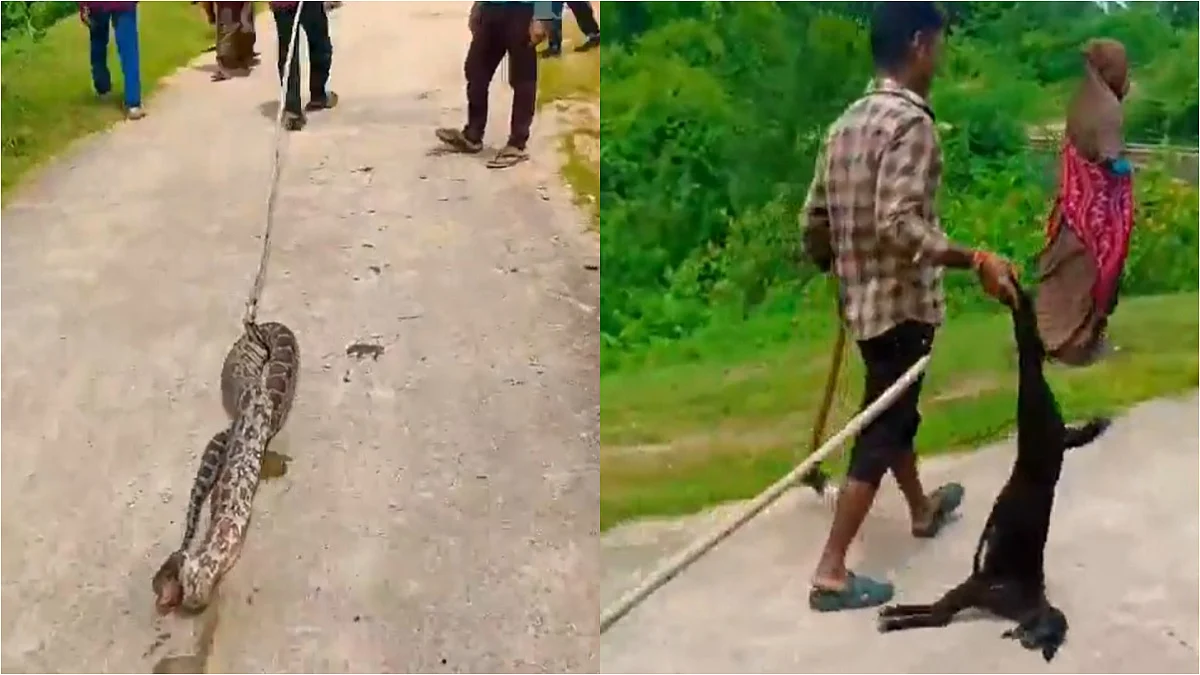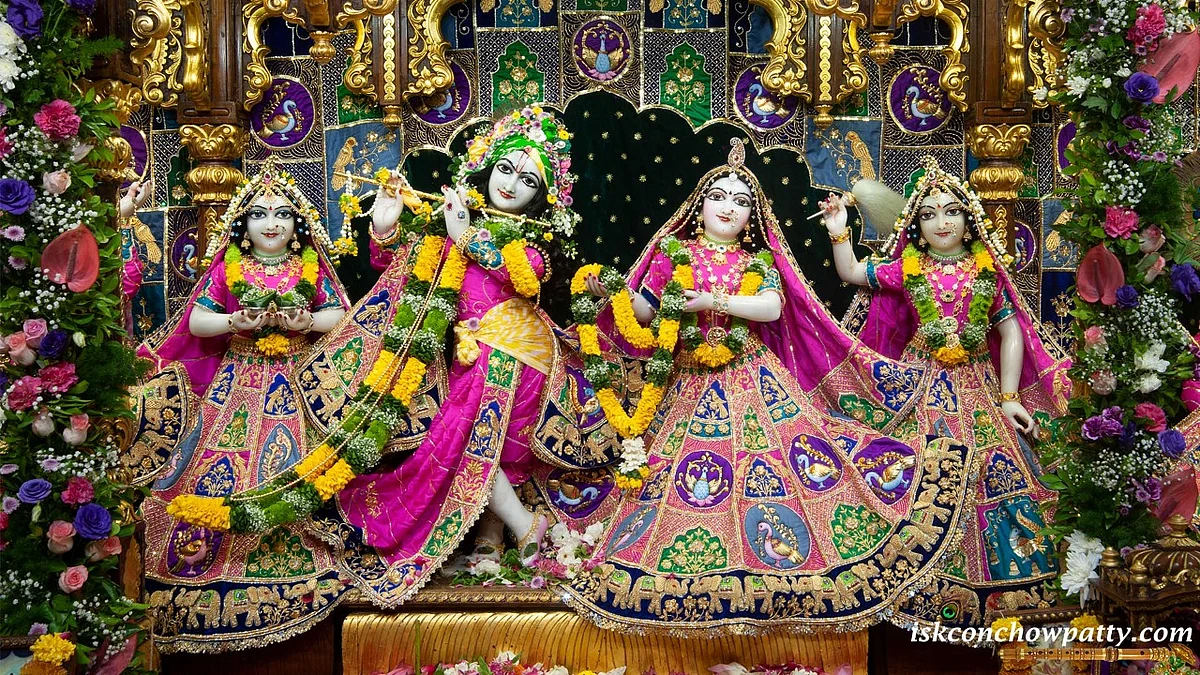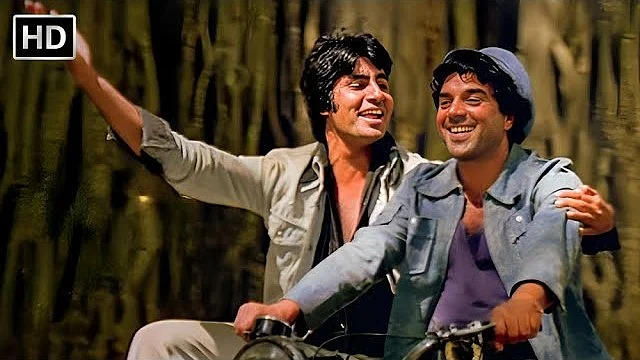The recent judgement of the Bombay High Court regarding the acquisition of Pune’s Bhide Wada is sure to be welcomed by all those who respect the work of Savitribai Phule and her husband Jyotiba, since this was the place where Savitribai started the first school for girls in the country.
The matter came up before the High Court, after the tenants on the property challenged the decision of the Pune Municipal Corporation to acquire the property to construct a monument in the memory of the Phule couple and to commemorate their contribution to society.
It is to the credit of the Bhide family, which gave the premises to Savitribai to start the school for girls. This was a revolutionary move not merely by Savitribai and Jyotiba, but also by Bhide and Fatima Sheikh, both of whom supported the campaign to educate women.
Education was primarily dominated by the Brahmins and the upper castes in those days, and there was no chance of educating women, as education for women was taboo. It was Savitribai’s privilege to have had access to education at home, thanks to her husband who taught her the need for her to attend a formal school. When they got married, Savitribai was nine years old and Jyotiba was 13.
Having being exposed to modern education and acquired the ability to read and write, she felt the need for giving access to education to other girls in society and decided to start a school for girls. By this time, she had not only obtained primary education from her husband, but later completed a teachers’ training programme, making it possible for her to be a teacher. She thus became the first Indian woman to be a teacher and a headmistress too.
Her aim in starting the school was not only to enable girls to get education, but to extend the facility to girls from the lower castes, since even boys belonging to the lower castes were being denied the right to education those days. She decided to incorporate subjects like social sciences, science and mathematics, rather than adhering to the syllabi adopted by the Brahminical schools where emphasis was given on teaching Vedas, Upanishads and other Hindu scriptures.
Though the purpose was good, it was difficult for Savitribai to get premises to run the school, given the opposition to her plan and because she belonged to the Mali community, a backward caste.
Seeing the syllabus and the enthusiasm, coupled with the eagerness of Savitribai to educate girls, Tatya Saheb Bhide, a philanthropist of Pune, came forward to help her in her noble cause and offered her his wada, a huge traditional premises, with a large courtyard and a two-storey structure, which was similar to other structures constructed in the 18th century in Pune, which was the capital of the Peshwas, during their rule.
It was a great gesture of Tatya Saheb Bhide, himself a Brahmin — a community opposed to education for girls and the lower as well as backward castes. Bhide must also have been at the receiving end from such opponents, who threw cowdung at Savitribai and her colleague Fatima Sheikh, another teacher, who stood by Savitribai and is recognised as the first Muslim woman to be a teacher. Those opposing Savitribai even pelted her with stones. In the backdrop of this, Bhide’s gesture is laudable.
Credit needs to be given to the descendants of Tatya Saheb Bhide, who are now the owners of the ancestral wada, for not opposing the Pune Municipal Corporation’s move to acquire the property to construct a memorial. The property would now be worth crores of rupees, being located in a prime locality of Pune, yet the Bhide family did not contest the acquisition, though the tenants of the property moved the court. The Bombay High Court has mentioned this fact in its order.
Now that the civic body will be able to acquire the property, the nature of the memorial will be very important, for it would be an insult to the memory of Savitribai and Jyotiba if proper attention is not paid to having a good school there, as was envisaged by the late professor Hari Narke, who was the Head of the Mahatma Phule Chair at the Savitribai Phule Pune University. Narke had stated that while the new structure to be constructed on the land would have a building reminiscent of the 19th-century Bhide wada, the school to be established there would have subjects related to advanced technology, including artificial intelligence and programming.
Since most of our modern politicians have their eye on the elections, the school may take a back seat and attention may be paid to construction of a decorative structure to attract backward-class votes. Apart from the school, there should be a good museum to depict the great work done by Savitribai and Jyotiba, despite all odds.
The country is still caste-ridden and there are numerous cases of caste discrimination and violence against Dalits and members of the backward castes, every month.
Savitribai is also recognised as one of the pioneers of modern day feminism. So, academic programmes on gender equality and on prevention of crime against women should be launched, since such crimes seem to be on the rise and there is a need to sensitise men at large to create a society or an environment, where women feel safe in all places at all times.
The author is a senior journalist and media trainer. He tweets at @a_mokashi












